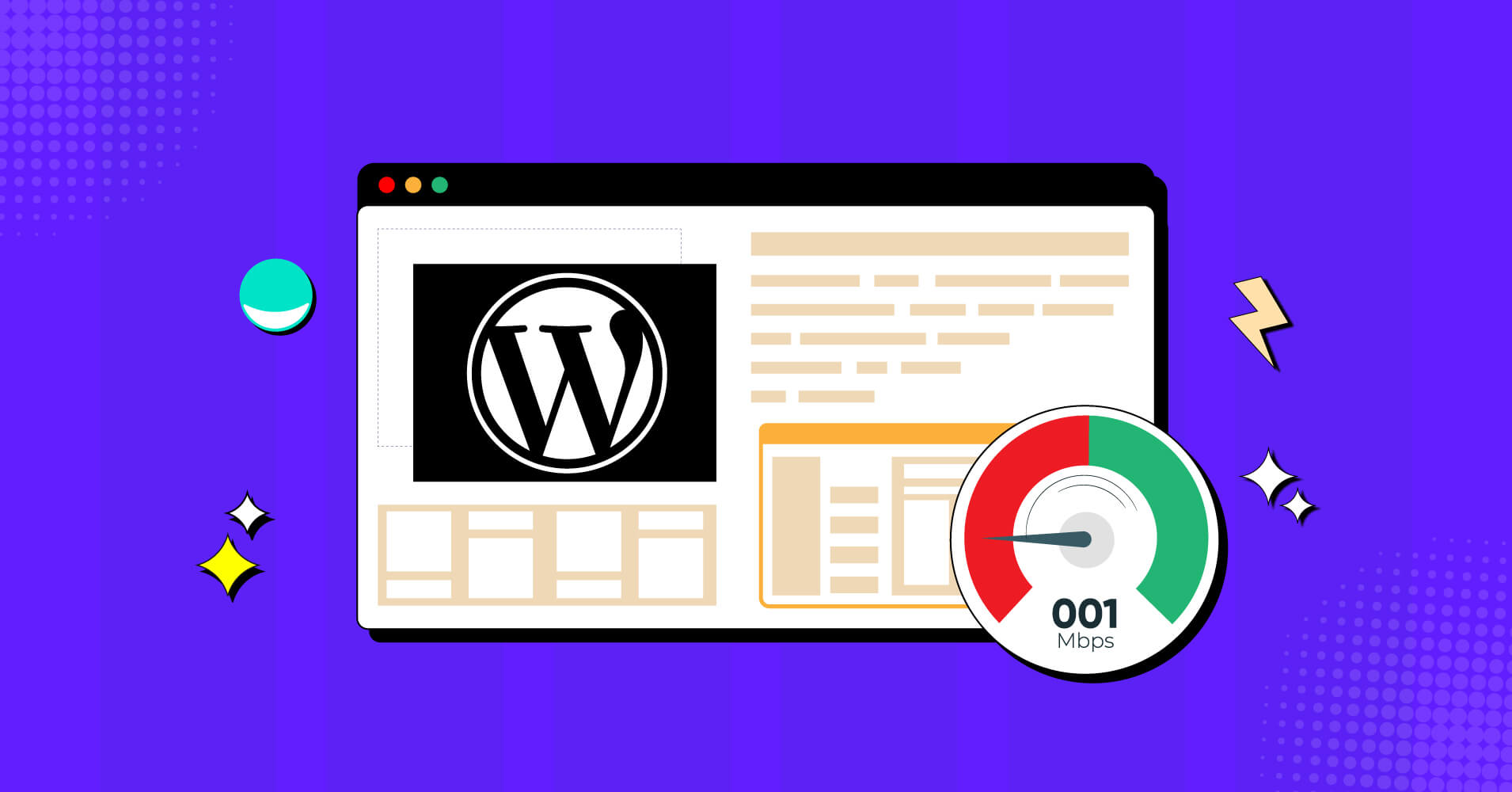
8 Reasons Your WordPress Site is Loading Slow [+ How to Fix]
Remember when people had to wait hours to download music from the internet?
Well, times have changed. It’s hard to imagine someone waiting a few seconds, let alone hours.
According to a survey by Unbounce, 70% of consumers said that page loading speed impacts their willingness to buy from an online store. On the other hand, 32.3% of visitors leave a webpage if it fails to load within 1-3 seconds.
As a WordPress site owner, you’d want people to visit and stay on your website. However, that won’t be the case if your WordPress site loads slowly. Want to find out the reasons for slow WordPress website loading speed?
This article outlines the underlying reasons your WordPress site loads slowly. We’ll also tell you how to improve your website speed.
Let’s get started!
Why you need to optimize your website for speed?
If not addressed as soon as possible, the loading speed issue of your WordPress site can prove detrimental. To what extent?
Let’s find out!

Affects rankings and SEO
SEO is a primary source of leads, traffic, and customers for many businesses. Without implementing SEO, you can’t expect higher rankings.
Now, Google considers website speed to be one of the ranking factors. In fact, Maile Ohye publicly admitted that in a Google Webmasters video in 2010.
“Two seconds is the threshold for eCommerce website acceptability. At Google, we aim for under a half-second.”
Maile Ohye
Google started using page loading speed as a ranking factor in 2010. And since then, it has become a major factor in determining which pages will come first. The average page speed of a first-page Google result is 1.65 seconds.
So, if you want to claim one of those top spots, you must ensure lightning-fast website loading speed.
Impacts user experience
From creating a brilliant first impression to persuading people into buying your products, user experience plays a key role in how your audience perceives your brand.
Just as we mentioned, most visitors expect a webpage to load within 3 seconds. Anything above that will cause a poor first impression. And if the overall experience is something similar, your brand reputation will be affected and the visitor will leave your website forever.
Hence, if you want to ensure a good user experience, you need to prioritize page loading speed.
Affects conversions
Just as we mentioned, website loading speed can have a direct impact on your conversions. While you’re unlikely to earn a top spot on Google with a poorly optimized website, the big G may also penalize your website —causing you more trouble!
A Google penalty will eventually result in fewer customers and revenue for your business. But the impact of page loading speed on e-commerce sites can be far worse. According to Portent, conversion rates drop by an average of 4.42% for each additional second load time (between 1-5 seconds). This may not look like a big deal, however, it can have a massive impact on your overall revenue.
Since conversion and revenue are what most marketers strive for, poor website speed will only cause more trouble.
How to check your website’s loading speed?
Your website’s loading speed depends on a lot of internal and external factors. While you may experience a blazing-fast website on your end, someone from a different geographical location may experience a slow loading speed on their end.
Also, remember that modern browsers can use caching to give you a fast browsing experience on your website since you’ve visited it many times. The scenario will be completely different for someone who is visiting your website for the first time.
Having a fast and responsive website is the prerequisite to getting more visitors and customers. If your website’s traffic has dropped lately and you’re seeing other metrics like bounce rate jumping up, running a speed test would be ideal.
Google PageSpeed Insights is a great free tool to test your website’s loading speed. It gives you detailed reports for both mobile and computer with recommendations to improve your website’s speed. GTMetrix is another free tool with advanced features like comparison, monitoring, and alert.
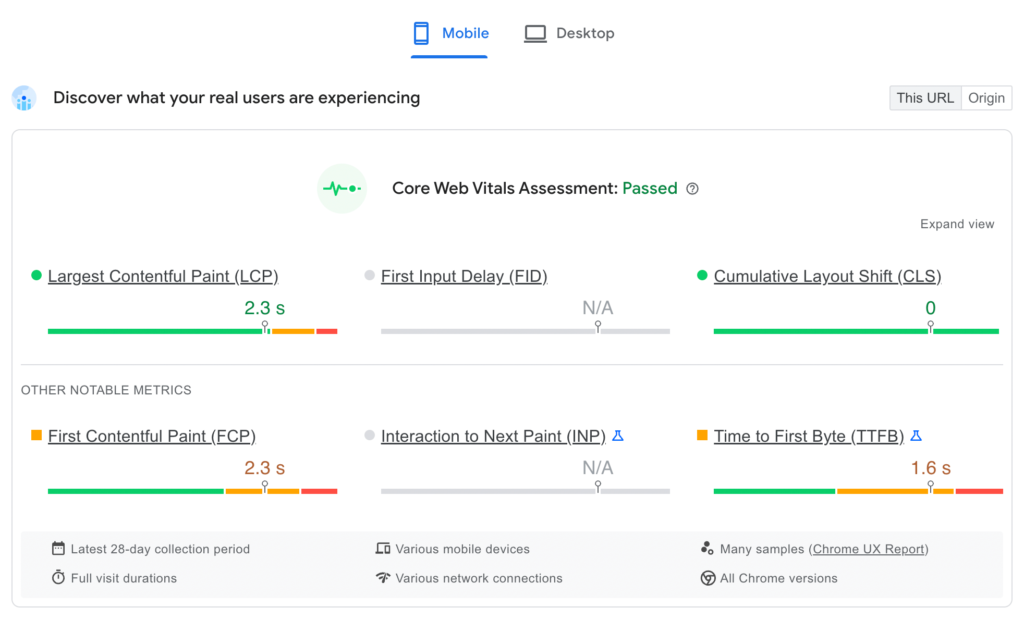
8 reasons your WordPress site is loading slowly and how to fix it
You might have checked and found that your website is performing slowly. However, all of the recommendations sound ridiculously technical. Is that the case?
Don’t worry. Website loading speed issues usually happen due to a few common reasons. Although you may need technical assistance depending on the depth of your problem, you can deal with most of the issues yourself.
Poor hosting
Your hosting is responsible for storing and displaying your website upon request from your users. This is why your website’s loading speed is deeply connected to which kind of hosting you’re using.
If you’re using the minimum plan like shared hosting, you may experience a slow loading speed. Why?
As the name suggests, shared hosting means you’re sharing server resources such as CPU and RAM with other users. If the other websites on your server are getting some traffic, your website may encounter performance issues like slow loading speed.
Note that, cheap hosting services are horrible in terms of service uptime. And if it happens too often, be ready for a Google penalty!
Solution: get a good hosting service
Don’t settle for slow hosting. A good hosting service pays for itself and when it comes to WordPress, managed hosting services are a great choice. You’ll get an optimally configured server with automated backups, updates, and security settings —great for SEO and website performance!
The best WordPress hosting services we know are:
- Cloudways: Cloudways offers lightning-fast server performance with 60+ server locations. You’ll also get excellent cache management, security patching and HTTP/2 enabled server.

- Siteground: Siteground is dirt cheap with a reliable WordPress hosting environment. You’ll also get a ton of features to manage your WordPress site easily.
- Kinsta: They are certainly the most popular managed WordPress hosting provider. You’ll get a ready WordPress site optimized for monstrous performance. If you get stuck, their support is a minute away!
Not using a CDN
CDN stands for content delivery network. It can store a cached version of your website’s content on different server locations around the world and delivers them to the users upon request.
Remember when we mentioned that website speed may differ depending on the user’s geolocation?
This is especially true if you’re encountering a lot of international users. Regardless of your hosting server, your website’s content and its associated files will be stored in only a few locations.
This usually happens because your hosting servers are only available at a few locations. As a result, users who request your website’s content from afar may experience a delayed response if you’re not using a CDN.
Solution: Use a CDN
CDN servers are often closer to the users than hosting servers. Thus, using a CDN will boost website loading speed significantly.
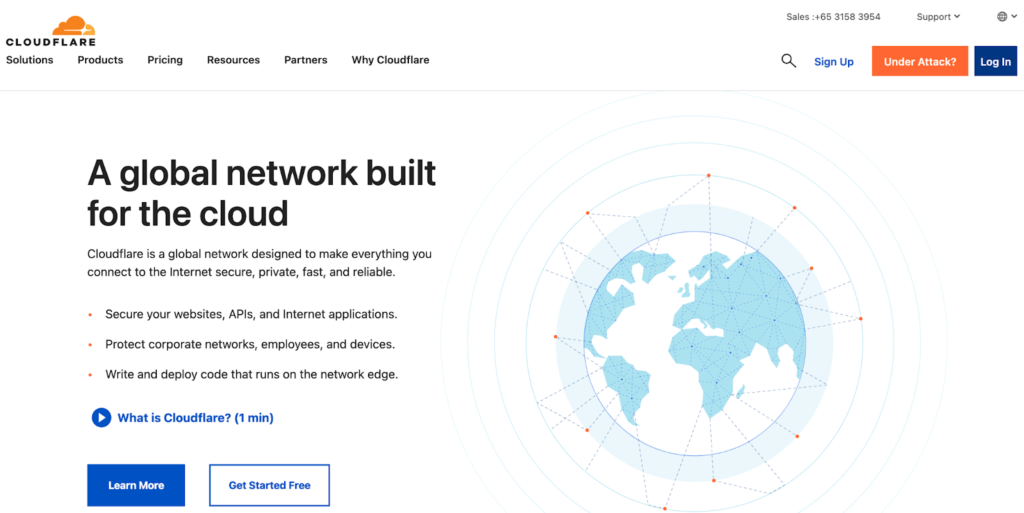
Cloudflare provides the fastest CDN in the world that can accelerate your website. For most websites, their free plan will be enough. Another great option is KeyCDN. KeyCDN has 40+ data centers in 30 countries and you can make your website fast and secure using their service.
Using a bloated theme
Your website’s theme dictates how it’ll appear in front of the users. However, not all themes are optimized for speed.
A theme is a collection of files. Oftentimes, it includes files that you’re not using. For example, it may have a ton of layouts and elements and chances are that you’ll be using only a few. If that’s the case, your theme may be responsible for a slow WordPress loading speed.
This is why, don’t go by the looks when choosing a theme for your WordPress site. A lot of themes look great on the front end but aren’t coded properly on the back end. If you choose a poorly coded theme, it’ll likely bloat your website with flashy animations and unnecessary features —causing a slow WordPress site speed.
Solution: use a well-coded theme

Choose a simpler, well-coded theme with great functionality. There are plenty of expertly-coded themes like Astra, Kadence, and DIVI. These themes are feature-packed and optimized for speed and you can stay assured about your website’s performance while using these themes.
Caching issues
Whenever a user requests a webpage through their browser, WordPress runs a lot of processes to display the content. This includes requesting your MySQL database and PHP for files and putting them all together before serving an HTML version of your webpage.
Caching is a unique concept that solves this riddle. Caching creates and stores a copy of your webpage after the first load so that all the process gets skipped. It can also store data on a user’s browser to provide a lightning-fast browsing experience in case they decide to revisit your website. So, if you’re not using a caching plugin, you’re missing out on all these benefits.
Solution: use a caching plugin
It’s crazy how a simple plugin can speed up your WordPress website speed by at least 2-5 times. Thus, there’s no reason not to use one.
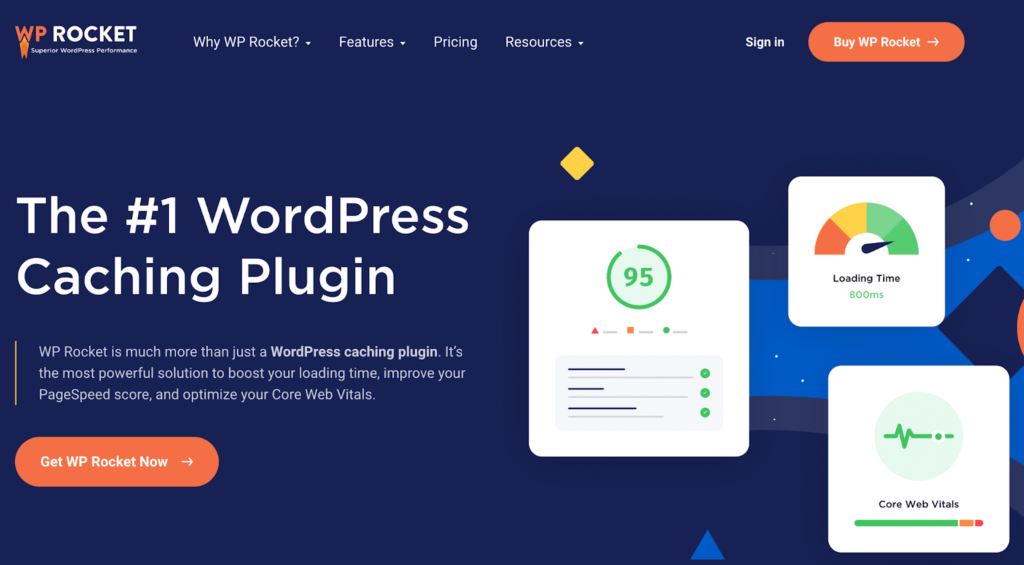
WP Rocket is our favorite. It’s easy to set up and use and you’ll enjoy a lot of powerful features such as file minification, elimination of render-blocking resources, database optimization, CDN integrations, and more.
By using WP Rocket, you’ll not only speed up your website but also improve the core web vital score which is important for Google rankings.
Plugin issues
Plugins are software that can be used to enhance a website’s features and functionalities. Webmasters add plugins to make the website more powerful.
However, plugins are usually stored on your database and add features and assets to your dashboard, pages, and posts. While some plugins aren’t well-coded for using only the necessary assets, some plugins serve only a specific purpose and make additional bandwidth requests from your web server.
As a result, if you’re using such bloated plugins, they may affect your website’s speed negatively.
Solution: use an optimal number of good plugins
When you’re choosing plugins, make sure they are developed by reputed developers. You may also want to check out user reviews, user-friendliness, and rating. If you think a specific plugin is responsible for slow WordPress loading speed, activate and deactivate each plugin one by one.
Furthermore, avoid using too many plugins. Try to pick the ones that offer the most features you want. Ideally, you’d want to have 5-15 plugins depending on the hosting service plan you’re using.
Image issues
Images are great for user experience and help the users understand and engage with your content. But if you’re using unoptimized or oversized images in the wrong format, you’re probably using images the wrong way.
Most computer screens are usually 1920px wide. On the other hand, a 700px image will most likely fit any mobile device. There’s no need to use a larger image when a smaller one can easily serve the purpose.
Also, remember that an original image has a larger file size. If you upload them directly without compressing them for the web, it adds a lot of asset loading time to your webpage.
Solution: optimize your images for the web
Avoid using oversized images like 5000px by 3000px. Ideally, you should aim for the below image sizes:
- Blog featured image size: 1200px*628px.
- Header image size: 1040px*250px
- Logo: 200px*100px
- Thumbnail: 150px*150px
- Background image 1920px*1080px
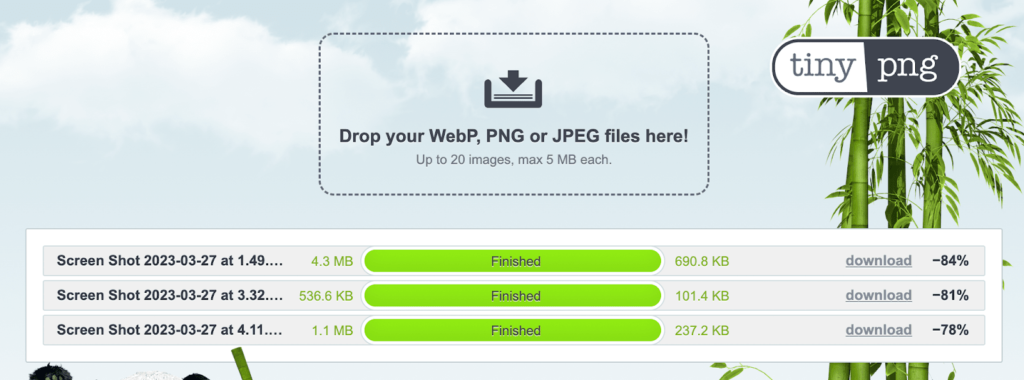
It’s also ideal to compress your image before uploading them to your media library. An image compression tool can help you reduce your image size without sacrificing quality. You can reduce your image size by 70%-80% by using a tool like TinyPNG.
Another great image optimization idea is to serve your images in the WebP format. WebP is a powerful image format that helps reduce the image file size by 25%-35% without sacrificing image quality.
Since it’s a Google-developed format and has a powerful impact on your website’s speed, many websites are using this format with great success. So, we recommend that you upload WebP images in WordPress for faster speed.
Outdated PHP version
WordPress is primarily written in PHP programming language. It is a server-side programming language that runs on your hosting server.
While a good hosting server usually uses a stable PHP version, you may be running an older PHP version. To check your PHP version, log into your WordPress dashboard and go to Tools>Site Health. Your PHP version should be mentioned in the passed section and you’ll get to see the version number.
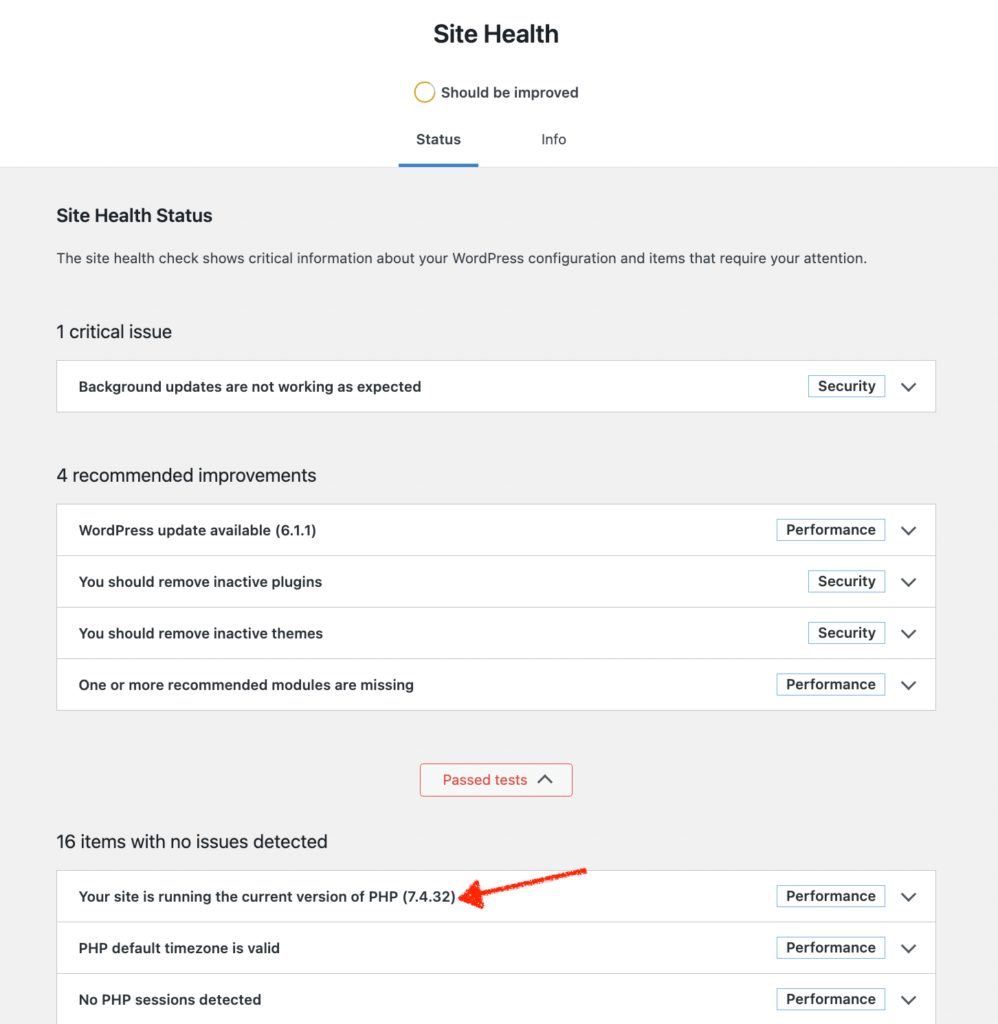
However, if it’s on the other side, you’re running an outdated PHP version and that’s affecting your website’s performance.
Solution: update the PHP version
PHP frameworks usually get a performance and speed boost with each update. PHP 7 is around 30% faster than its previous version, PHP 5.6(version 6 was skipped). Similarly, the later PHP versions got around a 5%-20% performance boost.
Hence, running an older version of PHP means you’re intentionally sacrificing speed and performance.
In order to update the PHP version, you can check your hosting management panel. The option should be available. You can also reach out to your hosting provider’s support for help. Before updating, make sure to check compatibility with your website.
Unused JSS or CSS codes
JSS and CSS codes are used to display dynamic data and add functionalities and styling. However, your theme may include unnecessary JSS and CSS codes. It is also possible that your developer has written JSS and CSS codes that your website isn’t using.
JSS codes in particular can be resource hungry. On the other hand, a lot of unused CSS codes can add to a website’s loading time. Thus, unused JSS or CSS codes can also cause a slow website loading speed.
Solution: Remove/minify unused JSS or CSS codes
If you know a thing about JavaScript and CSS, you can remove unused codes manually. To do so, find out your website’s unused JSS or CSS codes using a tool like Google PageSpeed Insights or GTMetrix and remove the codes.
Note: before making any changes, take a backup.
It’s also worth minifying your necessary codes. Minification is as simple as removing extra spaces, removing comments, and crunching variable names. While they may not look like much of an improvement, you can reduce a lot of bandwidth requests with minification.
If you don’t know how to code, you can also use the Minifier or WP Rocket plugin for JSS and CSS removal/minification.
Boost your website speed today!
A slow website not only causes poor user experience but also affects your traffic, rankings, and brand reputation. In the worst-case scenario, you’ll get a Google penalty which is devastating enough to make you lose your enthusiasm.
In this article, we tried to cover all the common reasons why your WordPress site is loading slowly and give instructions on how you can overcome this. Hopefully, after following our instructions, your website will provide a blazing-fast loading speed.
However, ensuring website speed isn’t the only thing if you’re using WordPress. It’s also wise to run maintenance tasks regularly. If you’re not sure which maintenance tasks to perform, you can read our WordPress maintenance checklist.
We hope your website produces excellent results. If this article helped you fix your WordPress site’s slow loading speed, let us know in the comment section. Also, feel free to ask if you have any questions!

Nazir Himel
“Produce value through quality content” – is the motto I live by. Content Marketing, SEO, and Email Marketing are my primary interests and if I’m not busy with any of them, you’ll probably find me roaming around the city.
Table of Content
Subscribe To Get
WordPress Guides, Tips, and Tutorials





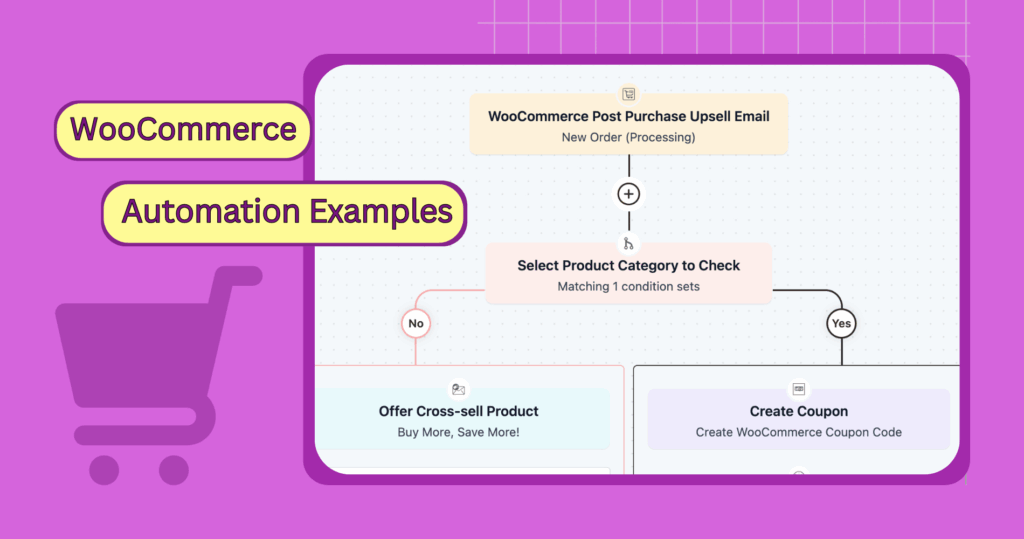
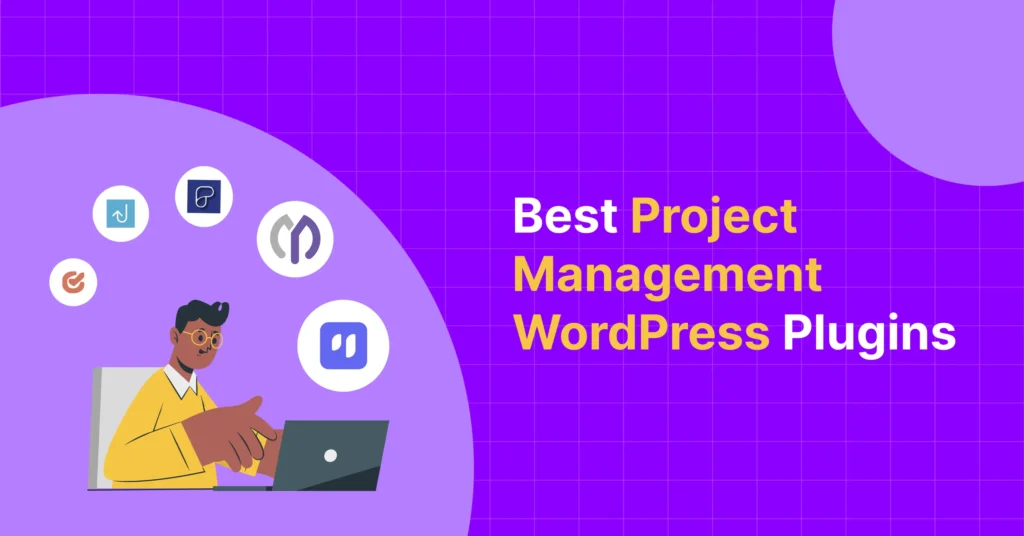
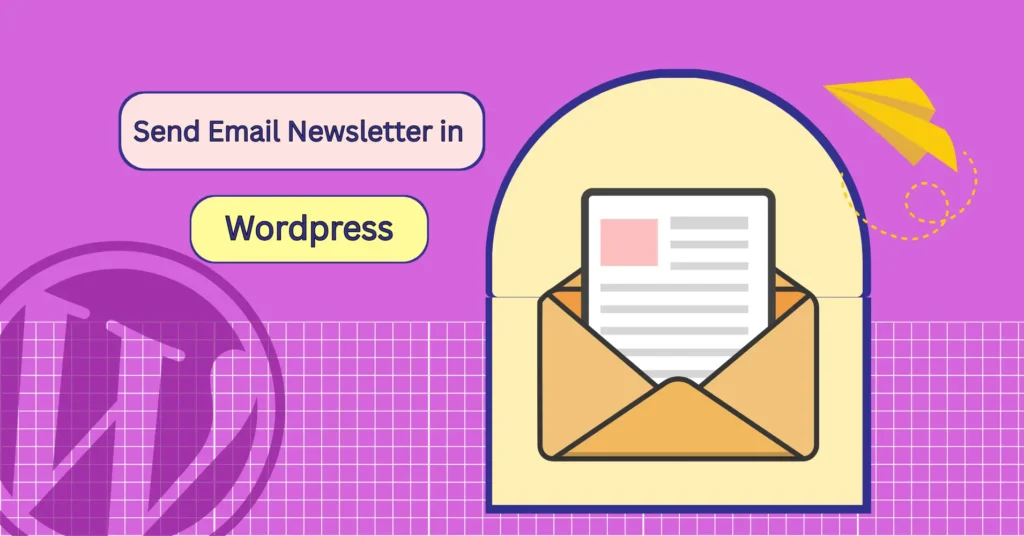
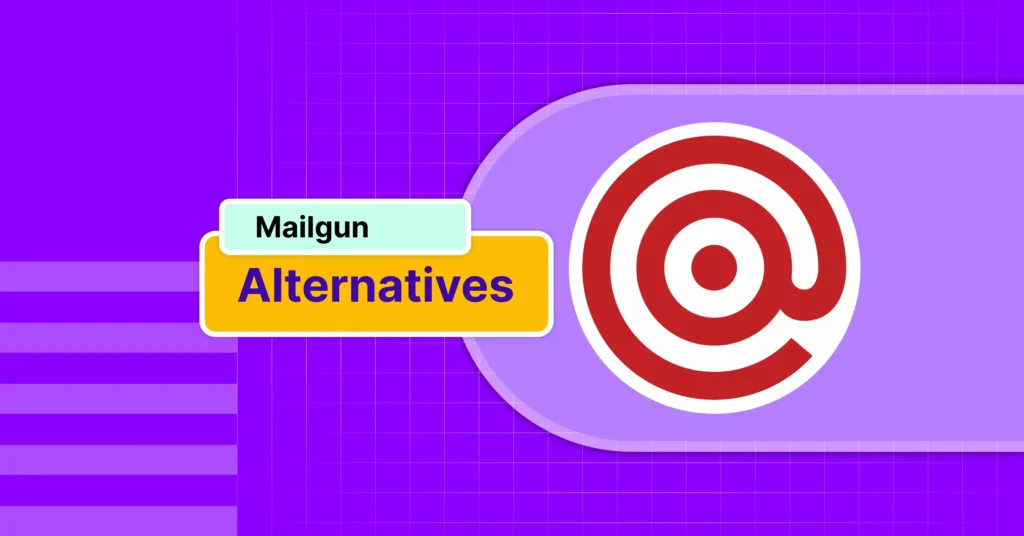
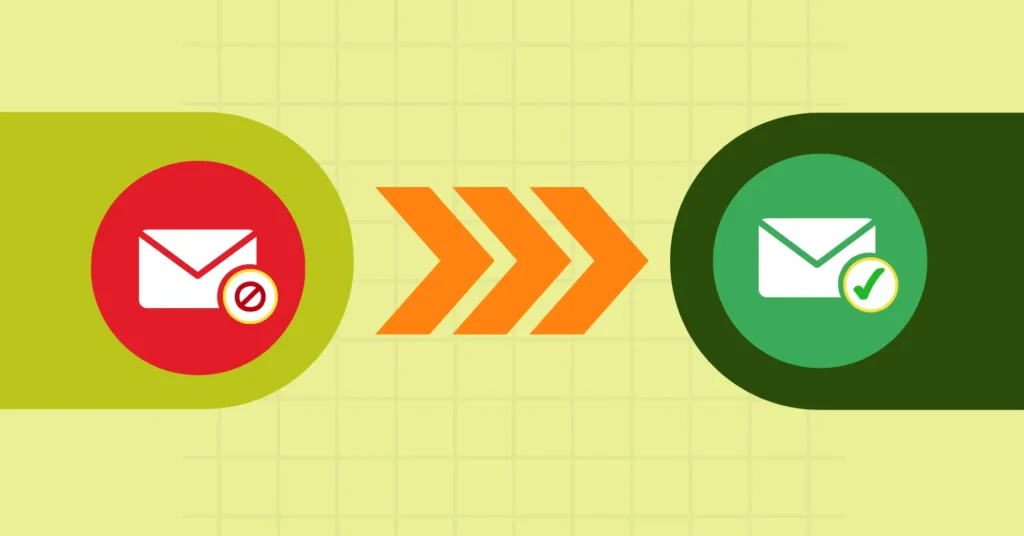
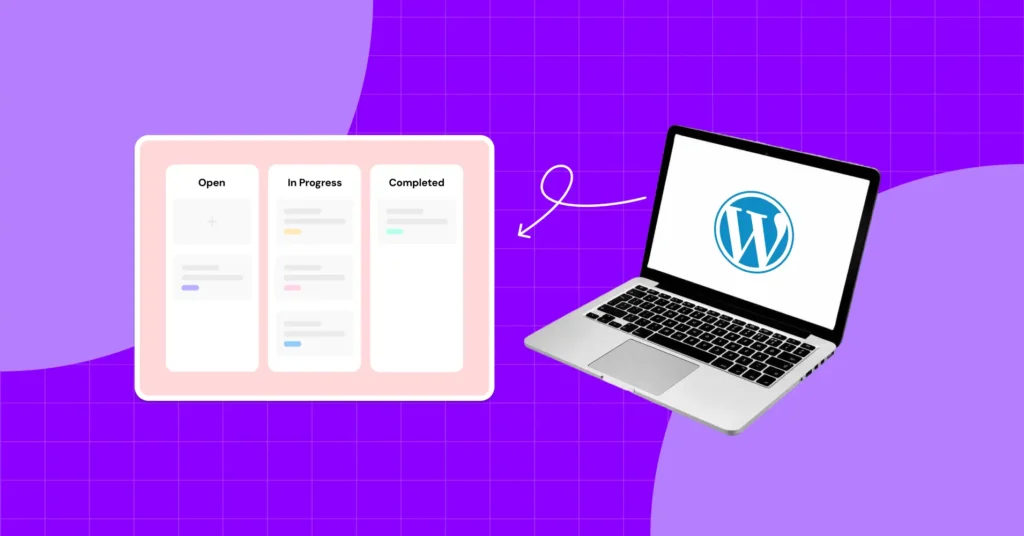

Leave a Reply